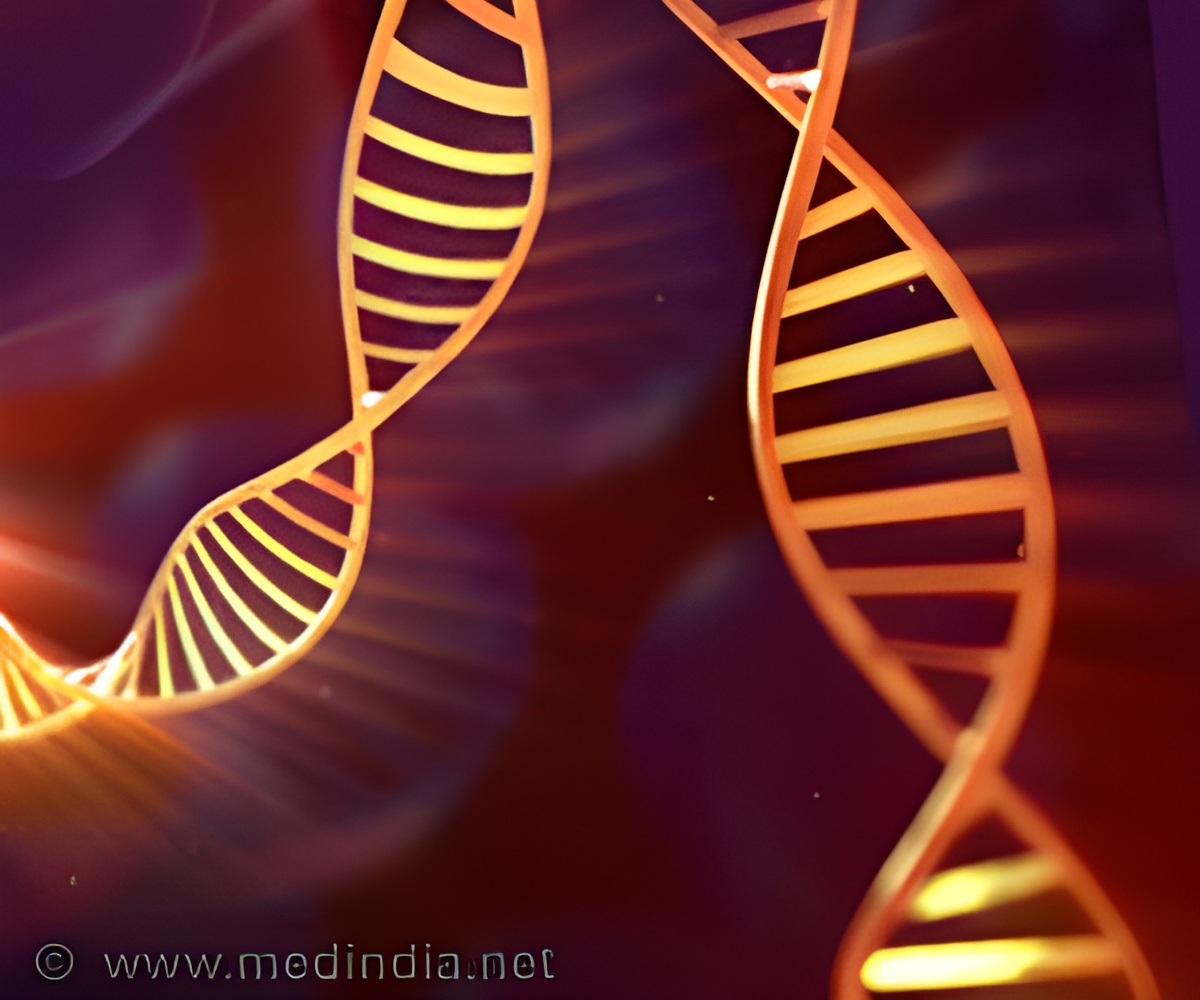
"Just by increasing the levels of parkin, they live substantially longer while remaining healthy, active and fertile," said lead author Anil Rana, a postdoctoral scholar at the University of California, Los Angeles.
"That is what we want to achieve in aging research -- not only to increase their life span but to increase their health span as well."
Parkin has been previously implicated in the development of Parkinson's disease.
People born with a mutation in the parkin gene are at higher risk for developing early onset symptoms of Parkinson's, which typically develops in older adults.
Further study may reveal whether humans could experience a similar longevity boost from higher levels of parkin, which marks damaged proteins so that cells can discard them before they become toxic.
Advertisement
"Our research may be telling us that parkin could be an important therapeutic target for neurodegenerative diseases and perhaps other diseases of aging," said senior author David Walker, an associate professor of integrative biology and physiology at UCLA.
Advertisement
"We are not there yet, and it can, of course, take many years, but that is our goal."
Source-AFP










